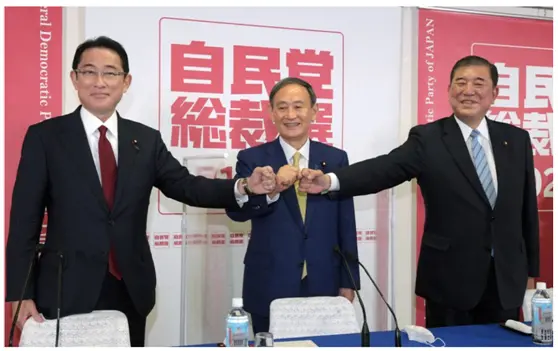Catalan President Carles Puigdemont has said he is not planning a "traumatic" split with Spain, after a disputed independence referendum on Sunday.
He said he wanted a new understanding with the central government in Madrid.
Catalan officials say voters overwhelmingly backed secession. Madrid has warned it could suspend autonomy of the wealthy north-eastern region.
Spain's top court banned the vote and almost 900 people were hurt as Spanish police tried to stop it going ahead.
Officers from the national police and paramilitary Civil Guard seized ballot papers and boxes at a number of polling stations.
Thirty-three police officers were injured on Sunday, Catalan medical officials said.
More than 2.2 million people were reported to have voted, according to Catalan authorities, out of 5.3 million registered voters.
Just under 90% of those who voted backed independence, they said.
A Catalan spokesman said more than 750,000 votes could not be counted because polling stations were closed and urns were confiscated. Turnout was put at 42.3%.
Given the chaotic nature of the vote, the turnout and voting figures should be taken with a pinch of salt, says the BBC's Tom Burridge in Barcelona.
More than 40 trade unions and Catalan associations called a region-wide strike on Tuesday due to "the grave violation of rights and freedoms".
What has the Catalan leader said?
At a news conference on Monday, Mr Puigdemont said: "We don't want a traumatic break... We want a new understanding with the Spanish state".
Mr Puigdemont, who earlier said Catalonia had won the right to statehood and the door was now open to a unilateral declaration of independence, said he had had no contact with the government in Madrid led by Prime Minister Mariano Rajoy.
The Catalan leader also announced that he was setting up a commission to investigate Sunday's violence and was taking legal action against national police.
And Mr Puigdemont appealed for international mediation to help solve the growing crisis.
How has Madrid reacted?
Mr Rajoy spoke of a "mockery" of democracy, saying that Catalans had been fooled into taking part in the illegal vote.
"At this hour I can tell you in the strongest terms what you already know and what we have seen throughout this day. There has not been a referendum on self-determination in Catalonia," he said on Sunday.
The prime minister is now expected to hold urgent talks with Pedro Sanchez, the leader of the main opposition Socialist party, as well as Albert Rivera, the head of the centrist Ciudadanos party.
Meanwhile, Spain's justice minister warned that any declaration of independence could lead to article 155 of the country's constitution being invoked, which allows the national government to intervene in the running of an autonomous region.
"We are not here to divide Spaniards... but if someone tries to declare independence on behalf of a part of Spain's territory, that cannot be done because it is beyond their powers," said Rafael Catalá.
(BBC)
 简体中文
简体中文

